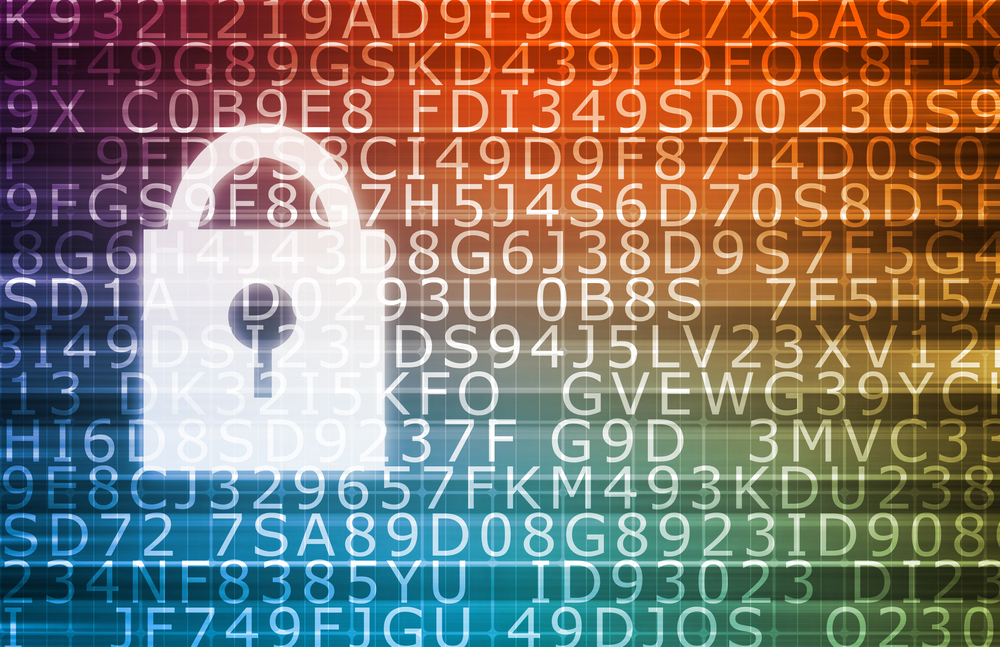Humans both love and fear technology. Things that make our lives easier usually are greeted warmly only after initial apprehension. However, generally speaking, that same love for convenience exposes us to all sorts of potential problems. This is especially true in the digital age.
An old problem with greater stakes
We all love convenience. For most things in life, the easier the better. And this can be a very good thing. Life should not be needlessly hard. A great example of this is food and eating in general. No part of me wants to produce my food with all the hard work that entails. I would far prefer to buy my food. Homes are another example of life-changing convenience; I don’t want to build a house.
However, we are putting more and more trust into third parties to guard and use very sensitive information about ourselves. Who our friends are, who we do business with, and so on; these are aspects of our lives that we have willingly shared for the sake of convenience. I don’t blame anyone for doing it, but I do think we have all been collectively burned enough by these centralized third parties to realize that we need to do a better job of protecting our own information.
An analogy of a smart house
Let’s take a look at this problem through one small facet of our lives and their future: homes. Smart homes are cool integrations of technology and our lives. They will be incredibly convenient. With promises of smart temperature control, remote light control, and internet-enabled home security, the future of homes is exciting. However, unless such systems are properly secured, they could become nightmarish quickly.
Imagine if a smart lock connected to the internet were hacked. A homeowner could be locked out of his or her own home, or worse yet, a home invader might be able to easily access one’s property. Trolls could rack up energy costs by controlling smart thermostats, leaving lights on, and so forth.
None of us want this to happen where we live, yet we often fail to take the necessary precautions to even protect our own identities.
While stopping short of suggesting that blockchain technology solves all the world’s problems, I do see how the public and private key system could be used to help secure the convenient things in our lives – as long as we remember to keep our private keys private.
In our smart house analogy, the necessary authorization for these various things could come in the form of private keys held by the home’s inhabitants. Rather than rely on a centralized customer data system or poorly constructed user-made passwords, the purveyors of these smart home technologies could employ a distributed blockchain network to sign off on the various functions of homes.
Just a reminder, be responsible for yourself
I realize that a smart home is just one very specific example of an area about which we must stay vigilant for safety’s sake. Please remember in all things – crypto or otherwise – do your best to be responsible for yourself. Hold your private keys – whatever they may be – and don’t share them with anyone.

